
The movements of your eyes can reveal a lot about what you’re thinking.
Researchers at Bournemouth University are studying eye movement in order to understand the mental processes behind everyday tasks, such as reading and navigation.
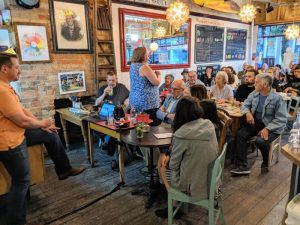
At a packed Cafe Scientifique on Tuesday 3 September, Dr Tim Slattery from the Faculty of Science & Technology here at BU, discussed how eye tracking is already being used and what the future may hold when eye tracking becomes more widespread, even embedded in our personal devices.
Dr Slattery explained how research into eye movement can help us understand mental processes behind everyday tasks, and how movements of your eyes can reveal a lot about what you’re thinking and how you are processing information in the world around you.
The audience were presented with various visual illusions to highlight the fact that our perceptions of the world around us are not 100% accurate. He then described the anatomy of the eye and why we need to move our eyes to better see the objects that capture our attention.
 Tim and colleagues gave interactive demonstrations to show what state of the art eye tracking technology is capable of and also discussed how eye tracking is already being used and what the future may hold when eye tracking becomes more widespread, even embedded in our personal devices. In fact, in 2017 Apple purchased SMI (SensoMotoric Instruments) which manufactured eye tracking equipment, and as of this year there is a third party app, Hawkeye which allows users to track their eye movements while looking at newer iphones and the ipad pro. This recent advancement holds both promise for eye tracking research and problems related to personal data protection. The audience was very engaged in a lively debate on these issues.
Tim and colleagues gave interactive demonstrations to show what state of the art eye tracking technology is capable of and also discussed how eye tracking is already being used and what the future may hold when eye tracking becomes more widespread, even embedded in our personal devices. In fact, in 2017 Apple purchased SMI (SensoMotoric Instruments) which manufactured eye tracking equipment, and as of this year there is a third party app, Hawkeye which allows users to track their eye movements while looking at newer iphones and the ipad pro. This recent advancement holds both promise for eye tracking research and problems related to personal data protection. The audience was very engaged in a lively debate on these issues.
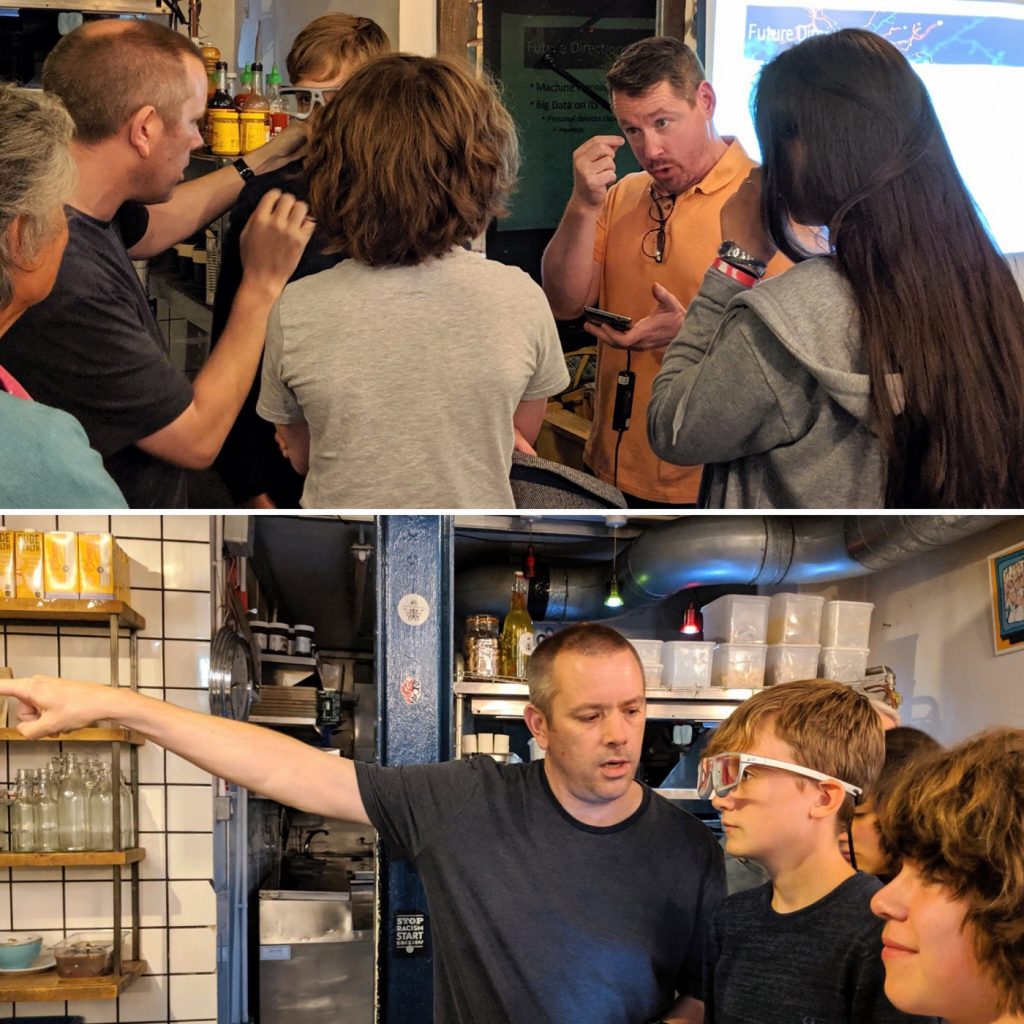
Follow the link below for access to slides from Dr Tim Slattery’s Cafe Sci talk on Tuesday 3 September:
Eye Tracking as a window to the mind

The next Café Scientifique will take place at Café Boscanova on
Tuesday 1 October from 7:30pm until 9pm (doors open at 6:30pm)
There’s no need to register, make sure you get there early though as seats fill up fast!
Find out more about Café Scientifique and sign up to our mailing list to hear about other research events: www.bournemouth.ac.uk/cafe-sci
If you have any questions please do get in touch
You can also follow us on Facebook and Twitter
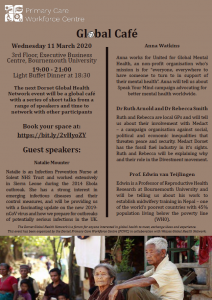

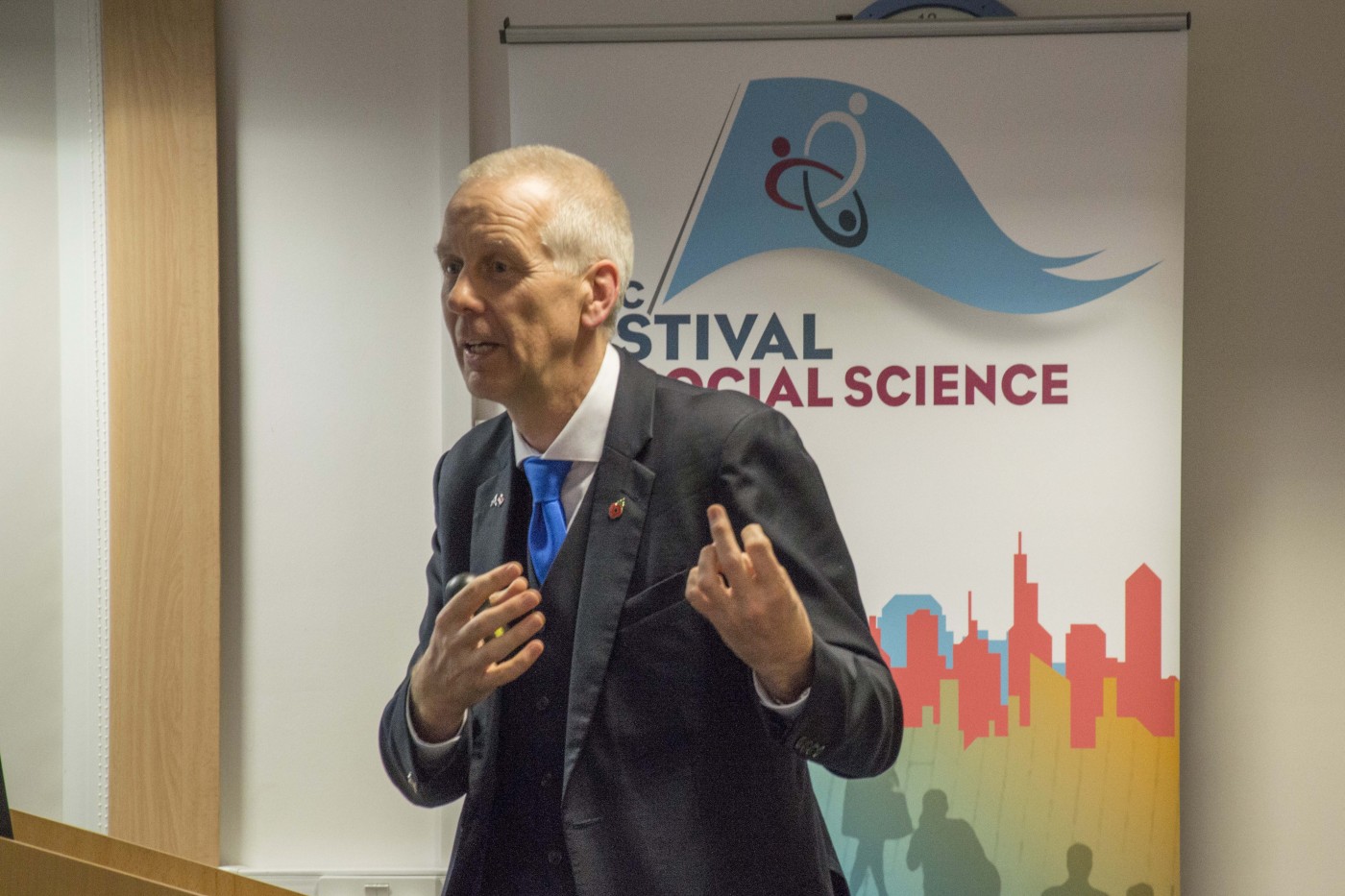



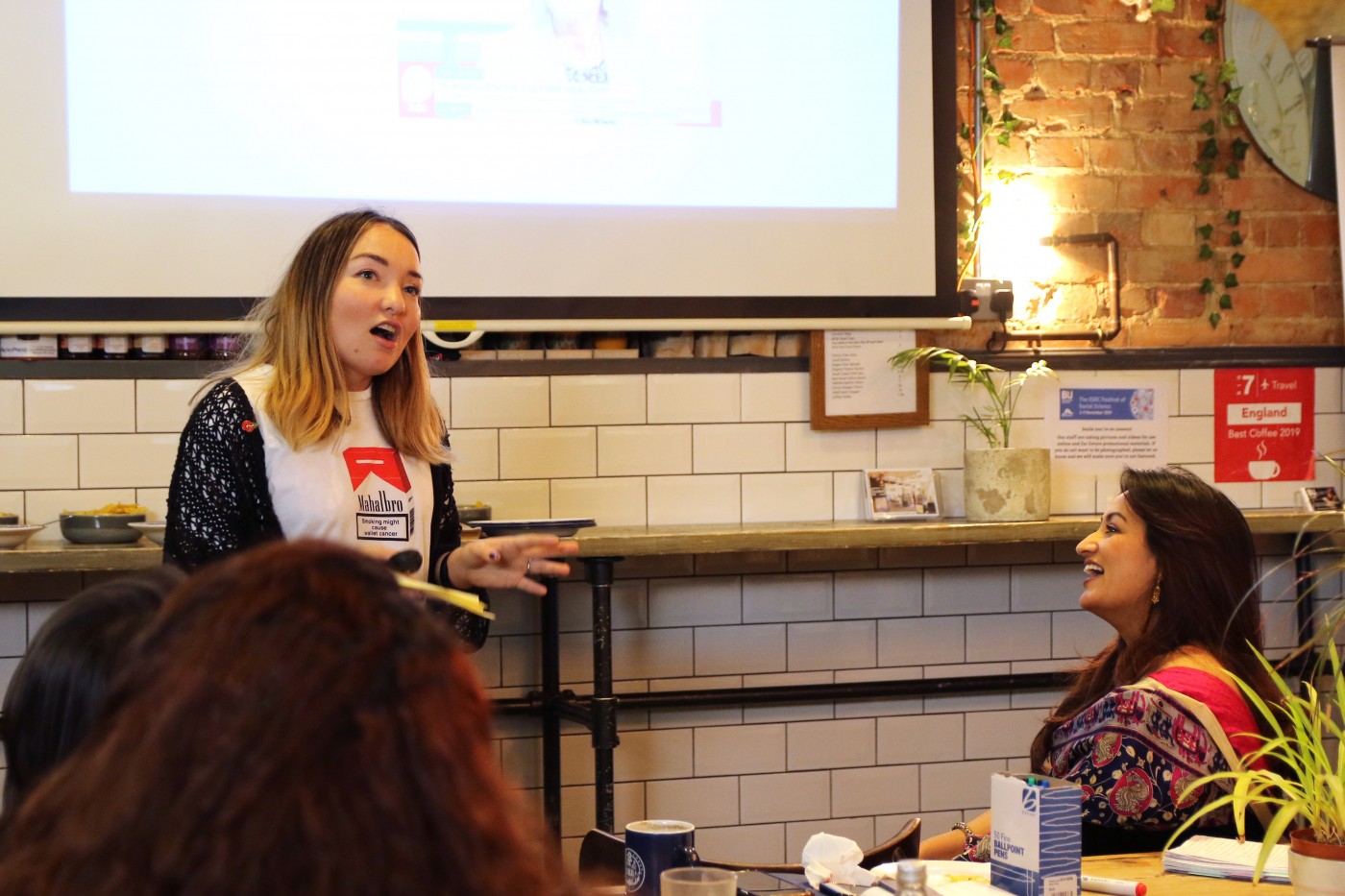
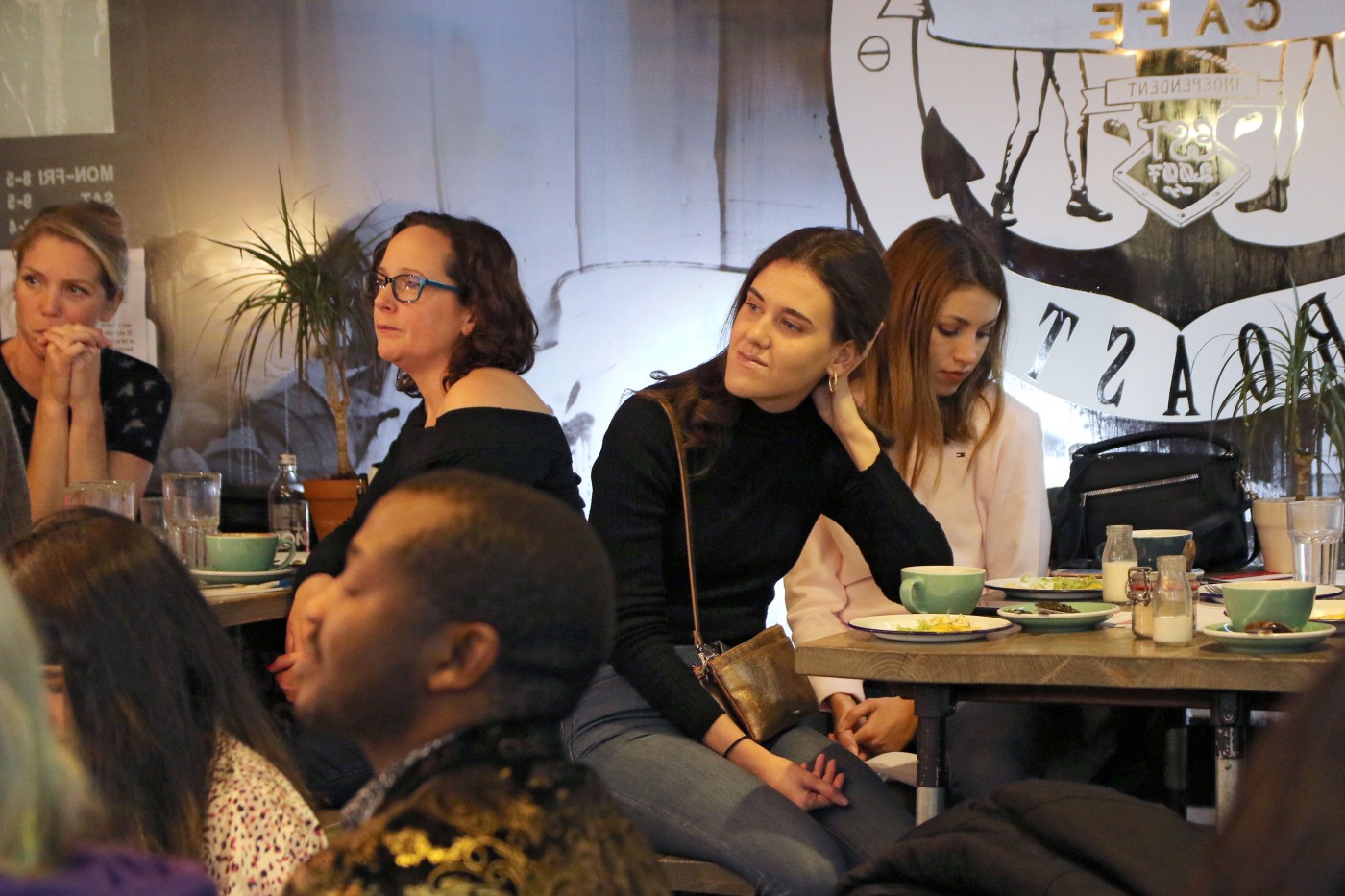
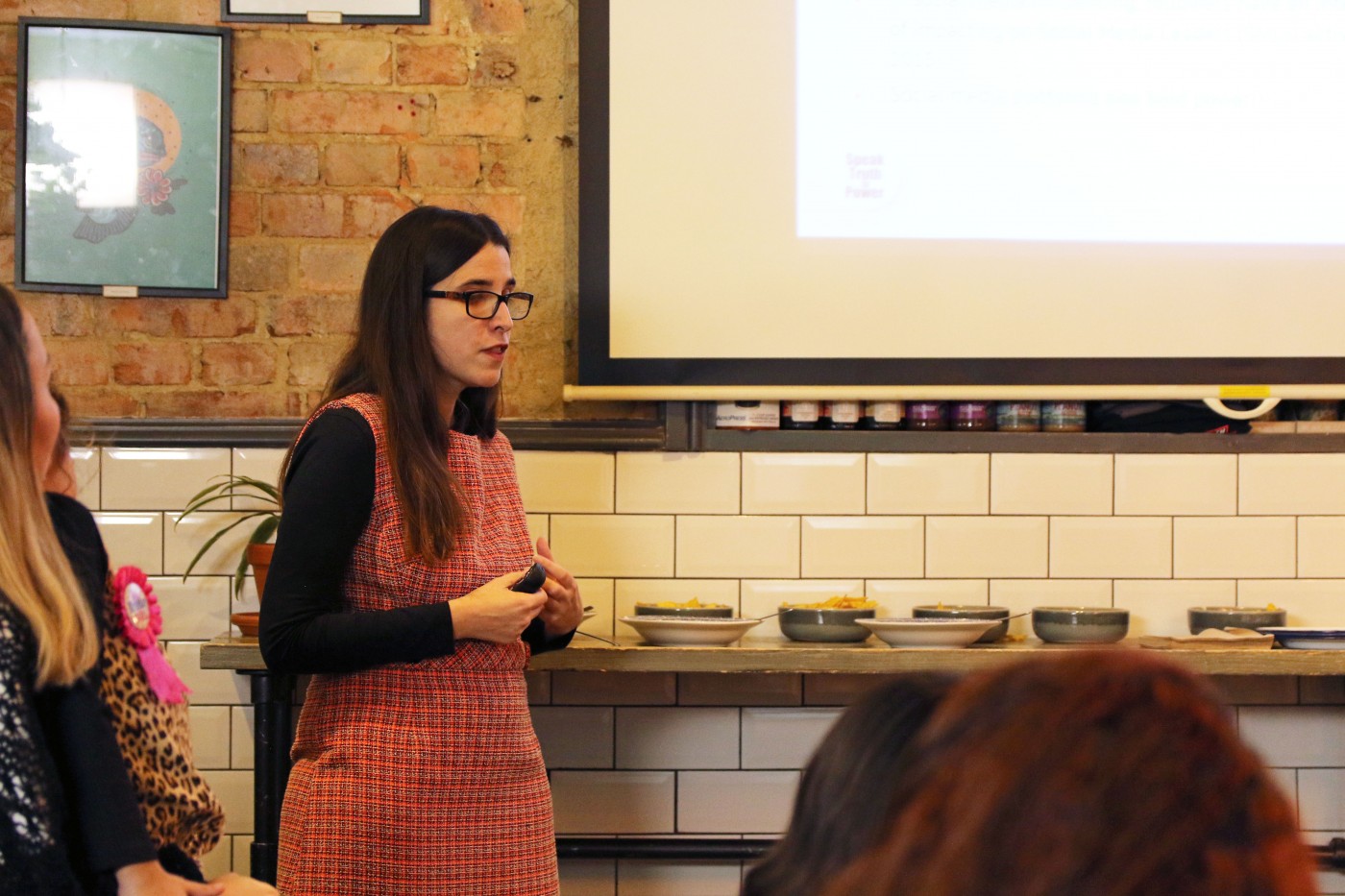
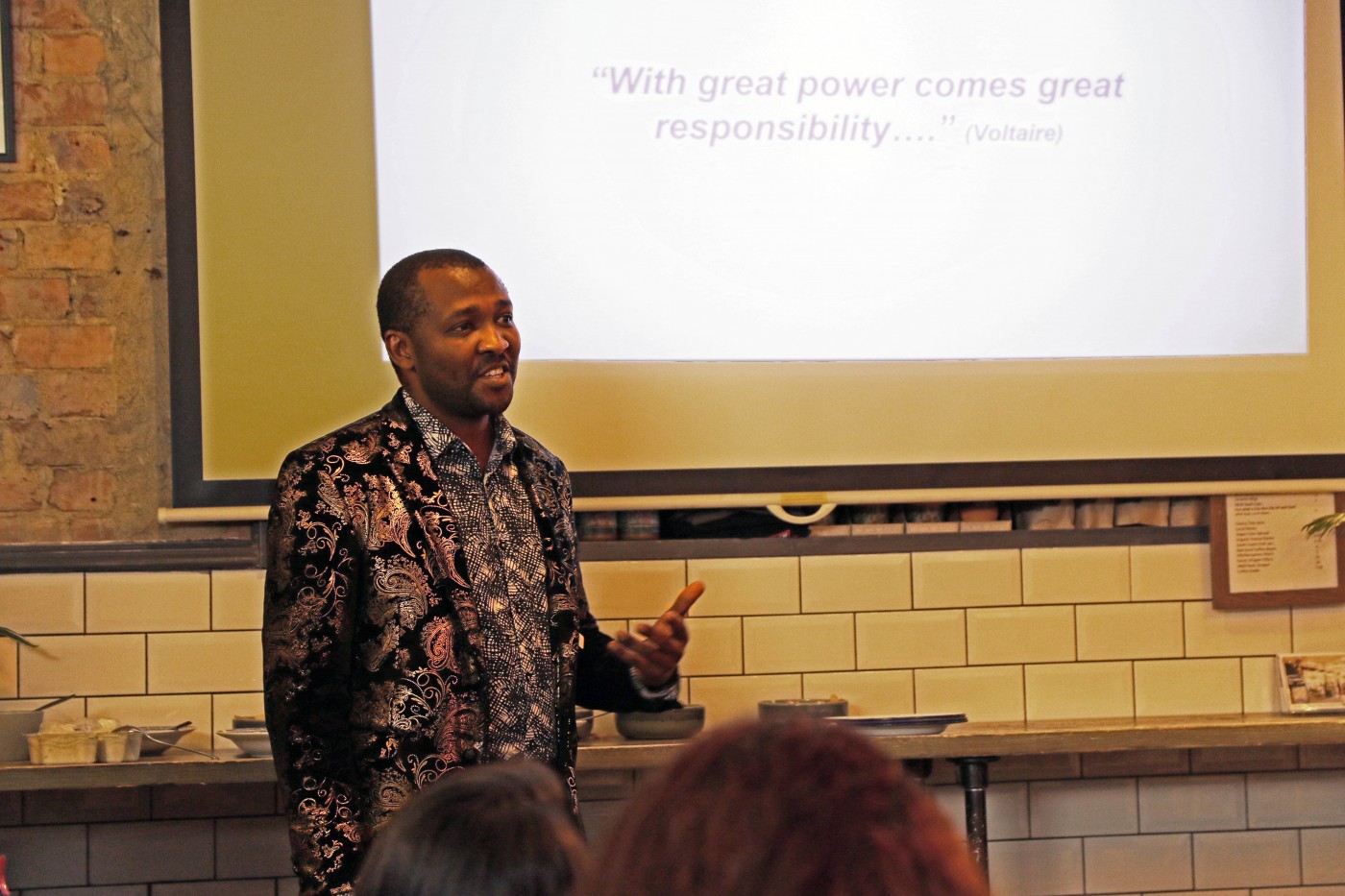
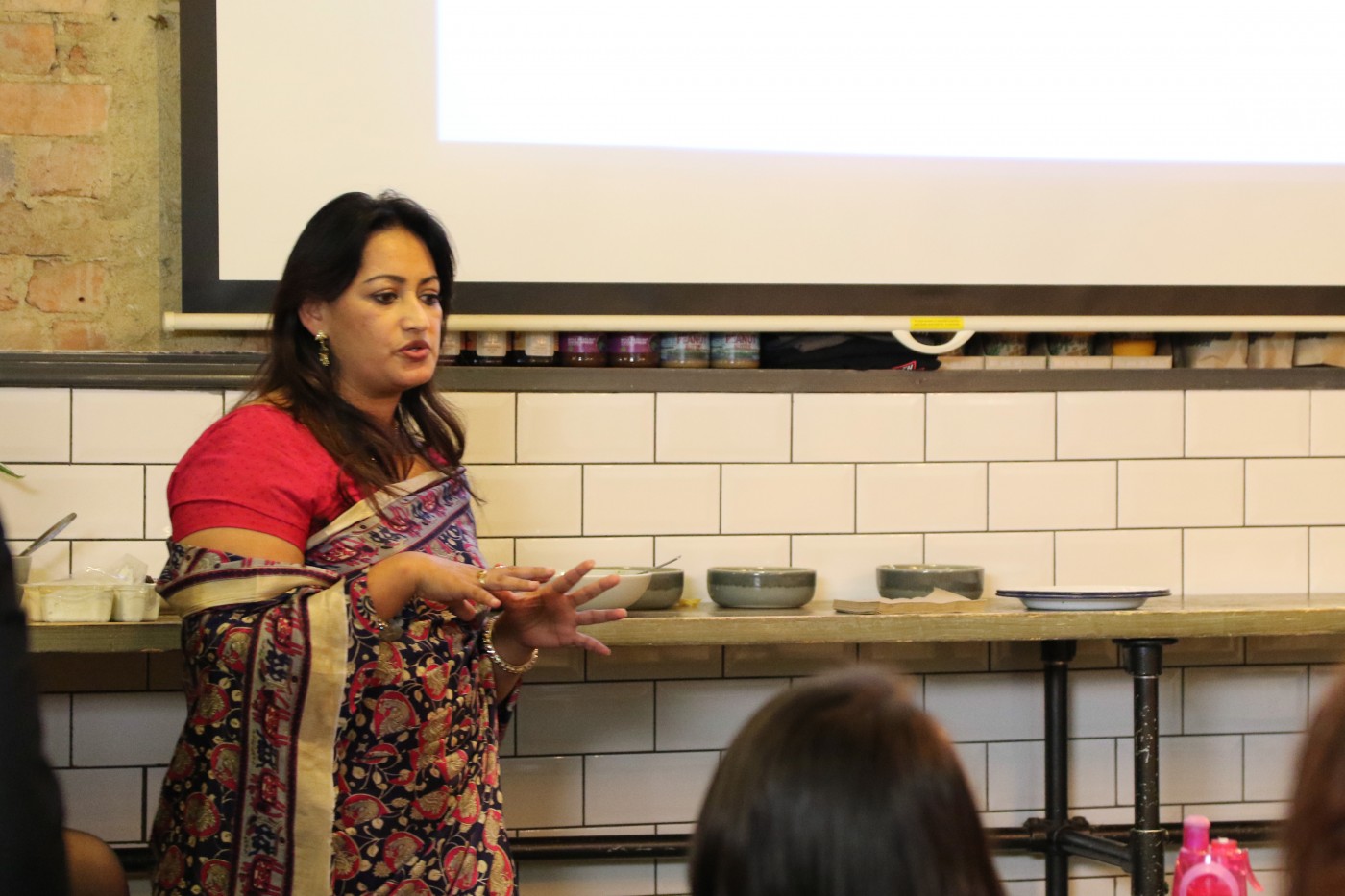
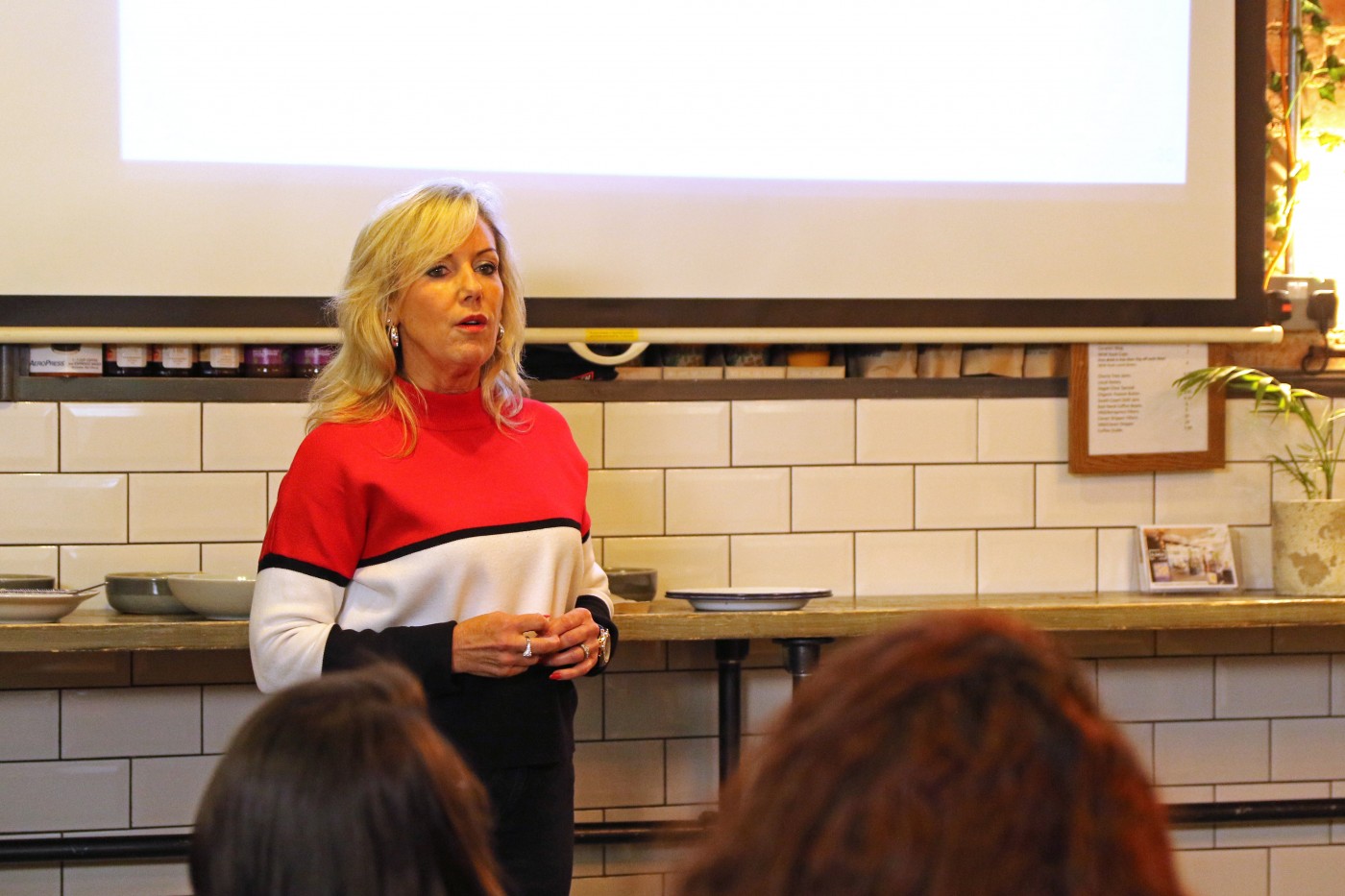

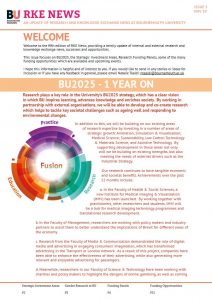 The latest issue of RKE News is
The latest issue of RKE News is 
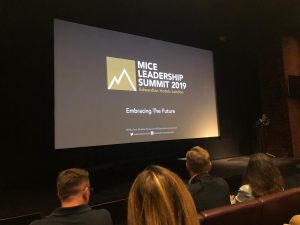
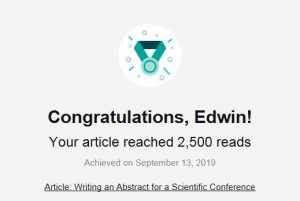

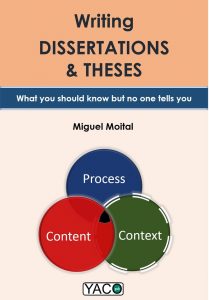


 Tim and colleagues gave interactive demonstrations to show what state of the art eye tracking technology is capable of and also discussed how eye tracking is already being used and what the future may hold when eye tracking becomes more widespread, even embedded in our personal devices. In fact, in 2017 Apple purchased SMI (SensoMotoric Instruments) which manufactured eye tracking equipment, and as of this year there is a third party app,
Tim and colleagues gave interactive demonstrations to show what state of the art eye tracking technology is capable of and also discussed how eye tracking is already being used and what the future may hold when eye tracking becomes more widespread, even embedded in our personal devices. In fact, in 2017 Apple purchased SMI (SensoMotoric Instruments) which manufactured eye tracking equipment, and as of this year there is a third party app, 

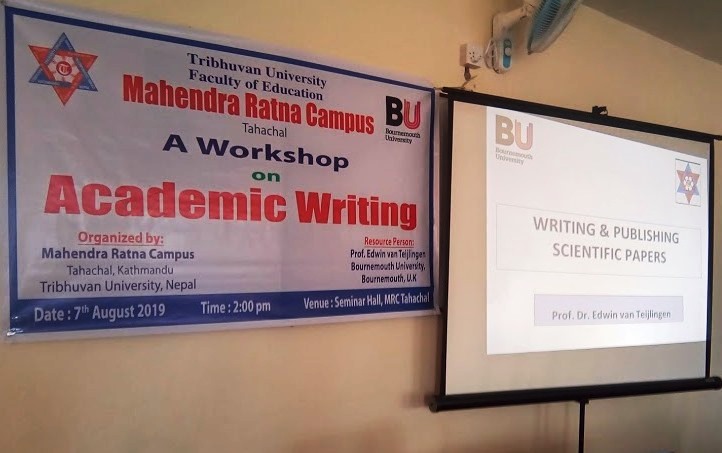

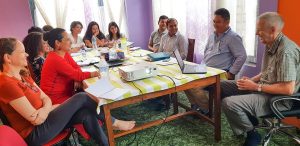
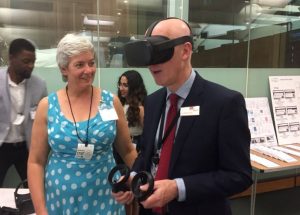
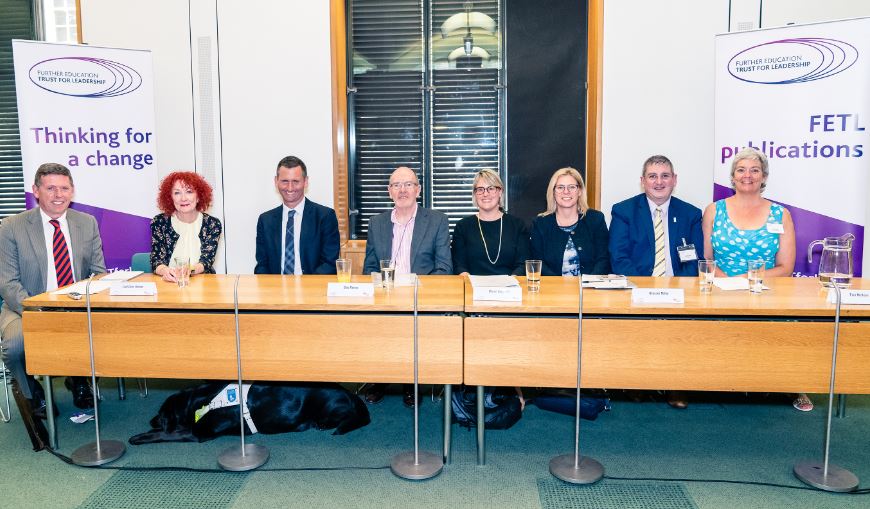
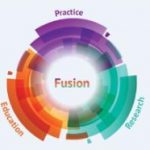
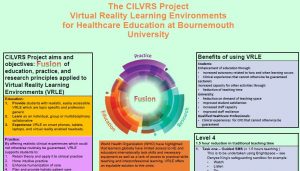











 Conversation article: London Marathon – how visually impaired people run
Conversation article: London Marathon – how visually impaired people run Horizon Europe News – December 2023
Horizon Europe News – December 2023